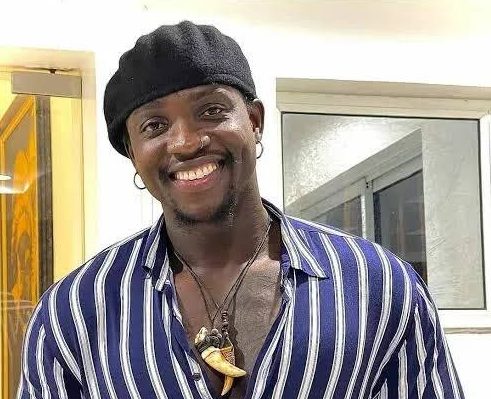Ahead the 2023 general elections, the Independent National Electoral Commission (INEC) has revealed its intention to expand access to polling units across the country.
A source at the commission on Thursday, disclosed to Nigerian Tribune that the commission would commence its sensitisation of critical stakeholders on its reason to expand access to polling units, beginning with an interactive session with chairmen of registered political parties today.
Festus Okoye, National Commissioner and chairman, Information and Voter Education Committee had in a statement on Tuesday hinted to Nigerians the commission’s plan to address issues of inadequate polling units and the challenge it posed to election management in the country before the next general elections.
Nigerian Tribune source also disclosed that the existing number of polling units which stands at 119,973 fell short of the growing number of voting population, as a result of growth in settlements and residential areas, the existing polling units are now distant from prospective and eligible voters.
He maintained that the existing polling units created in 1996 were no longer adequate for the voting population and ultimately, constitutes a challenge to electoral process and democracy. He said, “The current configuration of 119,973 polling units was established 25 years ago, precisely in 1996 by the defunct National Electoral Commission of Nigeria (NECON).
“It has been used for 1999, 2003, 2007, 2011, 2015 and 2019 general elections and when the polling units configuration was established, it was projected to serve about 50 million registered voters.
“However, the number of registration voters from the 1999 general elections has significantly increased, necessitating the need for increasing polling units.
“This lack of correlation between the number of registered voters and the number of polling units since 1999 has resulted in the congestion of polling units on election day as well as lack of polling units in many developing suburban and newly established settlements.”
The INEC source further revealed that the commission was determined to put on hold its scheduled continuous voter’s registration and engage critical stakeholders to buy into its proposed expansion of polling units.
While he noted that its engagement with stakeholders in the country could take two months, he listed stakeholders INEC intends to engage namely, socio-cultural organisations like Afenifere, Ohanaeze Nd’igbo, the civil society organisations, the National Assembly, labour unions, among others.







